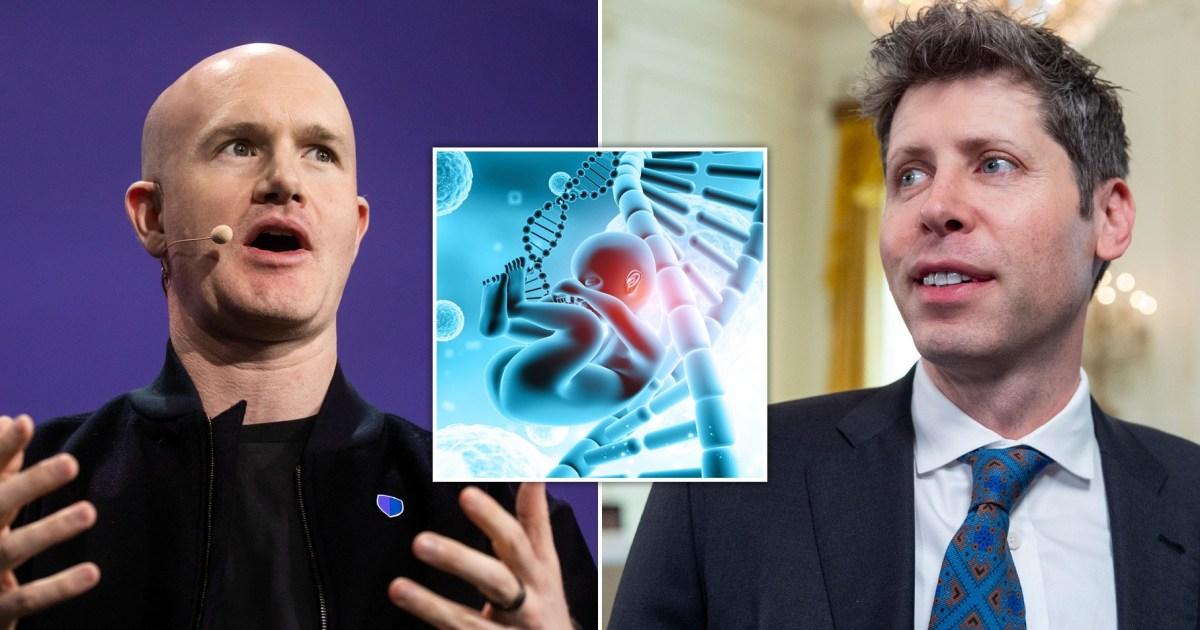The prospect of genetically engineered babies may soon transition from theory to reality, spearheaded by a startup backed by prominent Silicon Valley figures. Founded by gene-editing scientist Lucas Harrington, the company, named Preventive, aims to eliminate hereditary diseases by utilizing embryo editing techniques before birth. Based in San Francisco, Preventive has already secured $30 million in funding from early investors, including tech entrepreneurs Sam Altman and Brian Armstrong.
Preventive’s mission centers on ensuring that gene-editing technology is both safe and transparent prior to any attempt at creating genetically modified babies. Harrington emphasized the potential benefits of embryo editing, which include precision and efficiency, while acknowledging the significant ethical considerations that accompany such advancements. He stated, “We believe that if proven safe, this could be one of the most important health technologies of our lifetimes.”
As the discussion around genetic engineering intensifies, Harrington is keenly aware of the responsibilities that come with it. He pointed out the risks posed by fringe groups that may exploit the absence of clear regulatory frameworks, potentially compromising patient safety. Harrington affirmed, “Our goal is straightforward: to determine through rigorous preclinical work whether preventive gene editing can be developed safely to spare families from severe disease.” He added that if research indicates the technology cannot be safely implemented, that conclusion would also hold significant value.
For context, the concept of gene-edited babies is not entirely new. In 2018, Chinese scientist He Jiankui made international headlines when he claimed to have created the first gene-edited twins, designed to resist HIV. He faced legal repercussions for his actions, serving three years in prison for unethical medical practices. Following this incident, many researchers in the United States called for a temporary global suspension of germline editing until ethical standards could be established.
In the U.S., the regulatory landscape for genetic editing is complex. Federal law prohibits the use of government funds for research involving human germline gene therapy, largely due to concerns about unforeseen consequences for future generations. These ethical issues include the inability of unborn children to consent to such treatments. Despite the restrictions on federal funding, private entities can still pursue research in this area, provided they adhere to regulatory requirements for clinical studies and obtain approval from the FDA for any therapies intended for commercial use.
Armstrong, CEO of Coinbase, expressed his enthusiasm for Preventive’s mission, tweeting, “More than 300 million people globally live with genetic disease. Foundational research should be done to determine if safe and effective therapies can be developed to cure these diseases at birth.” He underscored the importance of addressing genetic conditions at the embryonic stage, stating, “It is far easier to correct a smaller number of cells before disease progression occurs.”
The emergence of Preventive and its backing by influential figures in the tech community may signal the beginning of a new era in genetic engineering. As the startup works to establish its protocols and research parameters, the global community watches closely, weighing the potential benefits against the ethical implications of altering human embryos.
This ongoing dialogue will likely shape the future of gene editing, as researchers and policymakers alike grapple with the profound questions raised by this rapidly advancing field.





































































